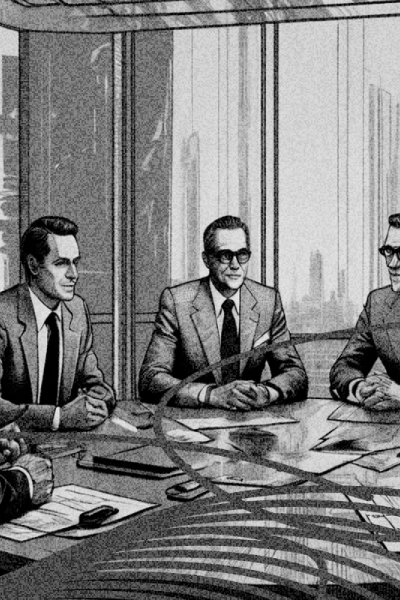The question of whether a technical co-founder or a hired CTO is needed in the early stages of a startup is individual for each project. However, many funds and accelerators consider having a CTO in the initial stages a significant advantage. The technical background of such a specialist can lay the foundation for the Minimum Viable Product (MVP) and enhance the project's appeal to investors.
When and How to Find a Technical Partner for Your Startup

At the initial stage, startups often face a crucial decision: whether they need an experienced Chief Technology Officer (CTO). Having one may be critical for products with a significant technological component, such as in the fintech industry. In other cases, the CEO may be able to independently develop the product or take control with external contractors.
We reached out to entrepreneurs with varying experiences on this matter to learn their real stories and gather valuable advice on how to find a CTO if you decide that you need one.
Do you need a CTO in the early stages of a startup?
If a startup is planning to go through international accelerators, most of them will frown upon the absence of a technical co-founder in the team. In general, having a CTO is desirable in the early stages of a project, including for choosing the tech stack, hands-on work, and leading specialists, but it is possible to manage without one. Especially since there are plenty of low-code/no-code tools available now. I'm more in favor of having a CTO, but much depends on the market entry strategy.
Real founder experiences also show that one of the important factors in having a CTO in an early-stage project is its level of complexity. It's essential to consider how easy it is to assemble the first version and establish the minimum functionality either independently or with the help of affordable specialists. Additionally, the founders' budgets for the project play a role. If the goal is to test a hypothesis and the project doesn't fall into the category of high-load services, with no need for complex architecture at the outset, you can manage without a CTO.
It all depends on the complexity of the MVP. If you can build the MVP inexpensively with freelancers (assuming you provide clear instructions that they understand and can implement), then it's entirely possible to proceed without bringing in a CTO. In other cases, you always need someone to address these issues, freeing up the CEO to focus on their direct responsibilities.
Founders also grapple with the challenge of the cost of hiring an experienced CTO, which can be quite high, especially for a young project with a limited budget. In addition to the high cost, quality talent in the market is always in demand, making it a real challenge to find such a specialist.
Besides the expense, an experienced CTO in an early-stage startup may excel at planning and business strategy alongside the CEO but may not be inclined to delve into coding. They've accumulated enough experience and outgrown the hands-on work; they possess team micro-management skills. However, if the budget for the initial version doesn't allow hiring specialists in-house or through outsourcing, then everything needs to be done independently.
When I was looking for a CTO for my first project, I had this fixed idea that it had to be someone who had held the position of CTO before. That was a mistake. Usually, such individuals charge a lot and are not willing to get their hands dirty. They are only ready to provide advice, and at the very start, that's not very helpful; at that stage, everyone needs to do everything. I think, at the initial stage, it's better to hire a good full-stack developer who can handle 90% of all technical tasks. You can call them whatever you want, but the key is that they should be involved in product design, be aware of all the nuances, and embed the DNA. Because if the DNA is set incorrectly at the very start, the product will be subpar both at the beginning and after 5 years.
Most of the problems outlined above are addressed by the project's CEO: their perspective on the overall picture and understanding of long-term goals determine the need for a technical partner. In summary, a CTO is needed for a startup when:
- It's a high-load project, and there's a need to establish an architecture from the very beginning that will work in the future.
- A partner is required to handle the entire technical side, starting from choosing the tech stack to micro-management, freeing up the CEO's time for managerial tasks.
- There's a need to increase the chances of successful fundraising by demonstrating that the project has a technical co-founder, especially if the startup plans to seek investments from funds or accelerators.
In other cases, the need to hire a CTO decreases if:
- The product is relatively simple, and the MVP can be created independently or with the help of outsourcing.
- The project is in the hypothesis testing stage, where the development of complex technical architecture is not required.
Do you need to find a way to test your idea quickly and inexpensively?
We will build the ready-made MVP in 1–3 month
and you get your first users
The challenges startups face when searching for a CTO
If a project founder has decided that the team needs a CTO, they typically face the question: how to find the right specialist and, more importantly, what to pay attention to and what competencies to consider when making a choice?
The CTO of a project, in addition to having developed hard skills, should possess a variety of skills that can play a significant role in building the startup and its further development.
Not everything that suits corporations and large businesses is suitable for startups. In a startup, there is still a need to be quite hands-on. If you create requirements for a CTO, it should include the ability to work hands-on, extensive knowledge of the entire development process (from prototyping to production release, understanding development methodologies, the ability to formulate requirements, and delegate tasks to others), good communication skills in Russian and English, desirable experience in public speaking, and the ability to work in a team. Experience in hackathons, competitions. Experience in development management and team leadership is a plus.
It's challenging to find not only a good developer but also a manager and a problem solver: a skilled programmer, not always operating in the emergency mode typical of startups, may not be inclined to tackle complex problems, find solutions on their own, or seek external consultations. You need someone who can handle this front, so even if you hire a very good programmer, there's a high probability that it will be challenging for them to step into the role of a full-fledged CTO, and at this point, hard skills alone won't be enough.
Tips for finding a CTO
1. Go through your contact list.
Look for people in your first circle, and if you don't find anyone there, try reaching out to the second circle. Approach individuals who can provide you with the necessary contacts. Even among your oldest contacts, there might be someone you haven't crossed paths with in a while, but who has ventured into IT and possibly risen to the role of CTO.
2. Attend hackathons and other technical events.
Here, you can assess potential candidates not only in terms of their technical expertise but also their communication skills and public speaking abilities.
3. Actively engage in specialized communities.
Participating in chats and partner-search platforms can help you find a suitable candidate through networking or recommendations.
4. Look for a candidate willing to grow with the project.
Attract a developer who, in the initial stages, will contribute significantly to the product and continue to grow in skills along with the development of the product. From the pre-seed stage to series A, this model, in my opinion, has high chances of success.
In the end, choosing a CTO for a startup is not a one-size-fits-all solution but rather an individual approach that depends on the specific conditions and goals of the project.
In some cases, having a CTO at the early stage is crucial for strategic support and technical leadership, especially in technically complex, intricate projects. In simpler situations, particularly when resources are limited, having technically proficient specialists or outsourcing may be sufficient for launching an MVP and attracting funding. A deep understanding of your project and its needs is of paramount importance.
Subscribe to our weekly newsletter to receive most engaging articles. We keep our newsletter ads-free, focusing only on content from our Magazine :)
Useful articles for startups

Freelancer, Agency, or Contract Employees: Who to Hire for Startup MVP Development
Yana Geydrovich
Partnership manager at MetaLamp
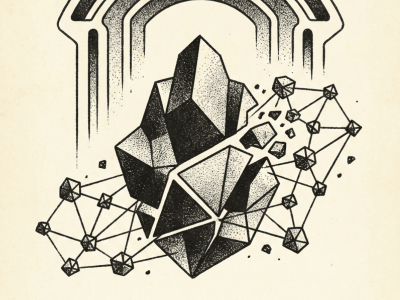

CoW Protocol Batch Auctions: How Orderbook, Autopilot, and Solvers Ensure Fair Trading
Alexei Kutsenko
Solidity developer

CoW DAO and CoW Protocol: How Intent-Based Trading and MEV Protection Transform DeFi
Alexei Kutsenko
Solidity developer
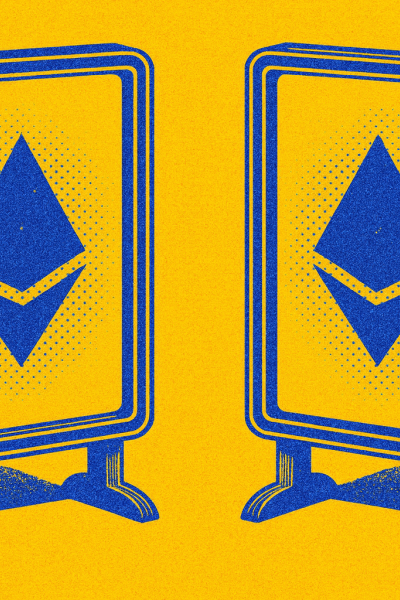
Smart Contracts Aren’t Deployed Yet, but Addresses Already Exist: Why CREATE2 (EIP-1014) Matters
Roman Yarlykov
Solidity developer



How to Fork and Launch Uniswap V3 Smart Contracts: A Practical Guide
Alexei Kutsenko
Solidity developer


Bittensor: Overview of the Protocol for Decentralized Machine Learning
Alexei Kutsenko
Solidity developer

Aerodrome Protocol: How a MetaDEX on Base Blends Uniswap, Curve, and Convex
Roman Yarlykov
Solidity developer
Articles

Algebra Finance: Modular DEX-as-a-Service with Plugins, Dynamic Fees, and Uniswap Compatibility
Roman Yarlykov
Solidity developer
Articles

ERC-6909: Minimal Multi-Token Interface and Why It Matters for Ethereum Projects
Pavel Naydanov
Solidity developer

Uniswap v4 Explained: Hooks, Singleton Architecture, Dynamic Fees & ERC-6909
Pavel Naydanov
Solidity developer


AI Agents: How AI Agents Conquered the Crypto Market + Key Projects
MetaLamp editorial team

AI and Blockchain: Key Takeaways from 2024 and Industry Forecasts for 2025
MetaLamp editorial team

The main events in The Open Network (TON) ecosystem in 2024
MetaLamp editorial team

A Guide to EigenLayer: How the ETH Restaking Protocol Attracted $15 Billion TVL
MetaLamp editorial team

The Open Network 2025: figures, events, analytics, forecasts
MetaLamp editorial team

Overview of Blockchain Bridges: Interaction Between Different Networks
Roman Yarlykov
Solidity developer




5 Rules from the Founder: How an EdTech Project Can Attract Investments. The Case of the Online School “Logopotam”
Alexey Litvinov
CEO and founder of the online school Logopotam

Is it worth launching a project on Solana, despite the hype around memes?
MetaLamp editorial team

Mintless Jettons on TON: A New Feature Making TON Projects Even More Attractive
MetaLamp editorial team

3 reasons to choose a ready-made solution for mini-apps in Telegram instead of developing from scratch
Dmitriy Shipachev
CEO at Finch


Think of it like a hamster for traffic: how to attract an audience with a Telegram clicker game
Nico Bordunenko
Business Analyst at MetaLamp
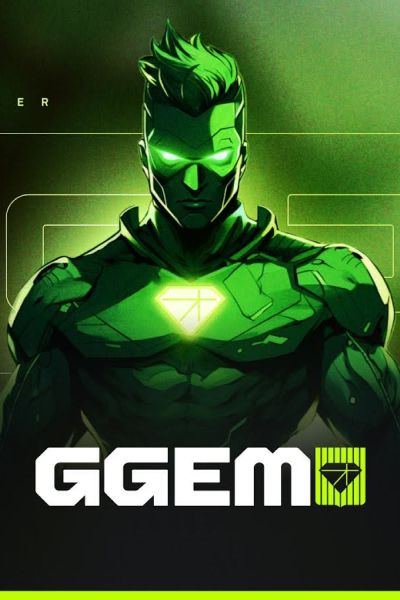


Which Rollup to Choose for Your Project: Arbitrum, Optimism, Base, ZK EVM, and Others
MetaLamp editorial team

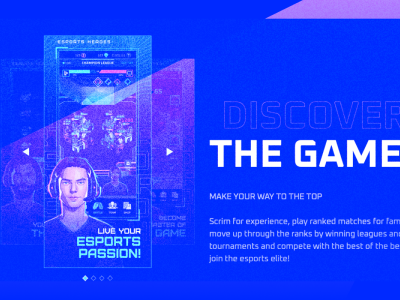
How We Adapted a Mobile RPG for Blockchain and Enabled NFT Sales
MetaLamp editorial team

How TON Payments Enable Fee-Free Micro-Transactions and Their Uses
MetaLamp editorial team

What You Need to Know Before Starting a Project on TON
MetaLamp editorial team

What is the Meaning and Benefits of MVP for Startups in 2024?
MetaLamp editorial team


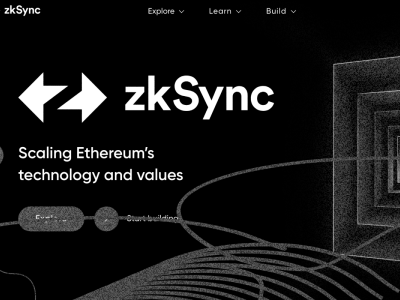

RWA explained: Opportunities of Real-World Assets in 2024
MetaLamp editorial team


Creating a Crypto Transaction Widget for Google Sheets: The CPayToday Journey
MetaLamp editorial team


How Early-Stage Startups Can Stay on Track with Development
MetaLamp editorial team

How to Attract Investments: Insights from Successful 2023 Startups
Mykola Pryndiuk
Social Media Specialist
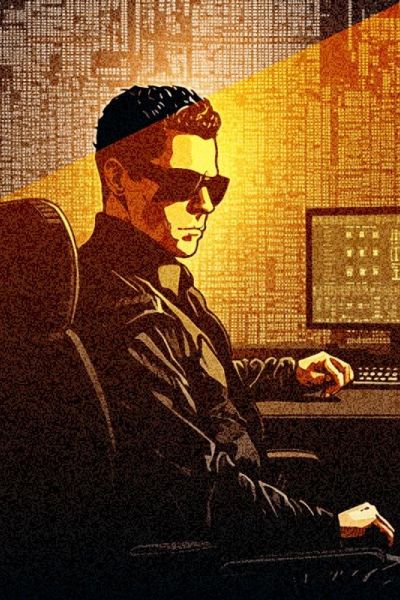
When and How to Find a Technical Partner for Your Startup
MetaLamp editorial team


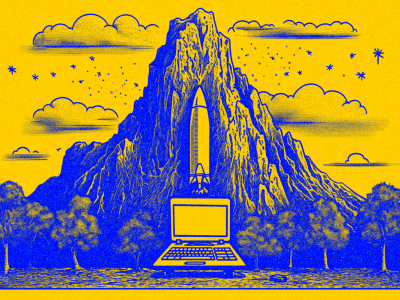

Understanding the Necessity of Account Abstraction in the Crypto World
Pavel Naydanov
Solidity developer

Ways to Speed Up Development: Outstaffing Pros and Cons
MetaLamp editorial team



Freelancer, Agency, or Contract Employees: Who to Hire for Startup MVP Development
Yana Geydrovich
Partnership manager at MetaLamp

From Corporate Blog to Brand Media: The Birth of Metalamp Magazine
Mykola Pryndiuk
Social Media Specialist

La Migliore Offerta: The Impact of Cryptocurrency on Business and Economy in 2023
Roman Shtih
CEO Metalamp






How We Use Our Training Program to Recruit Plutus Engineers
Svetlana Dulceva
The Education Program Supervisor

Discover Why IT Companies Appreciate Our Junior Developers
Svetlana Dulceva
The Education Program Supervisor







How We Designed a No-Cost Education Program for Web Development
Sergey Cherepanov
CTO MetaLamp
Articles









